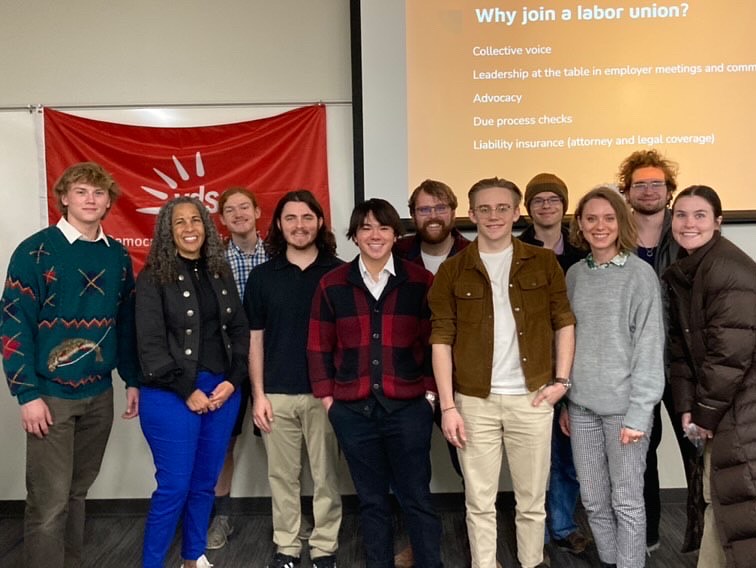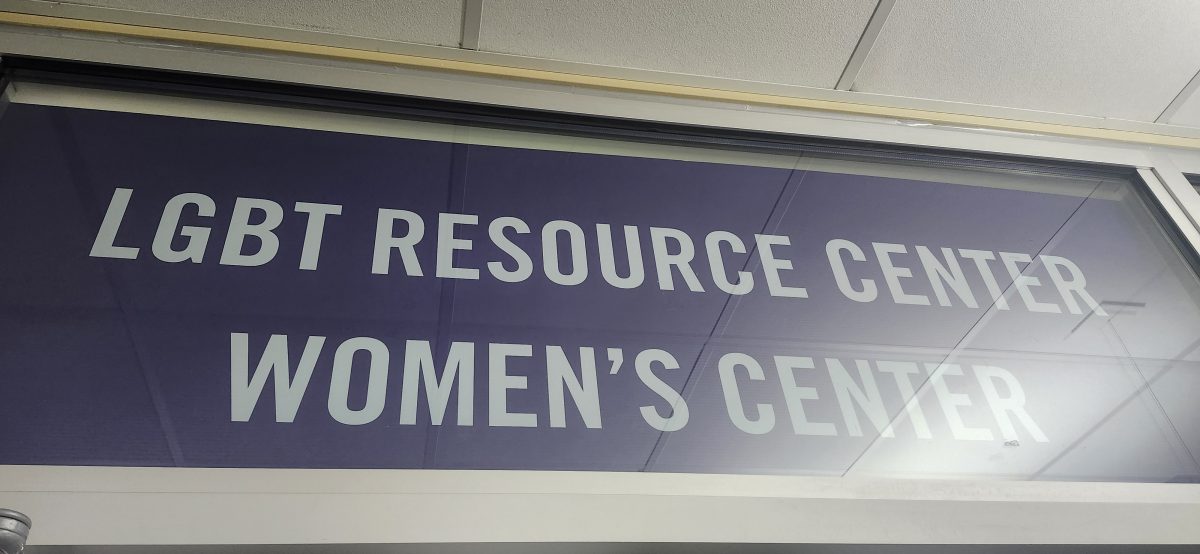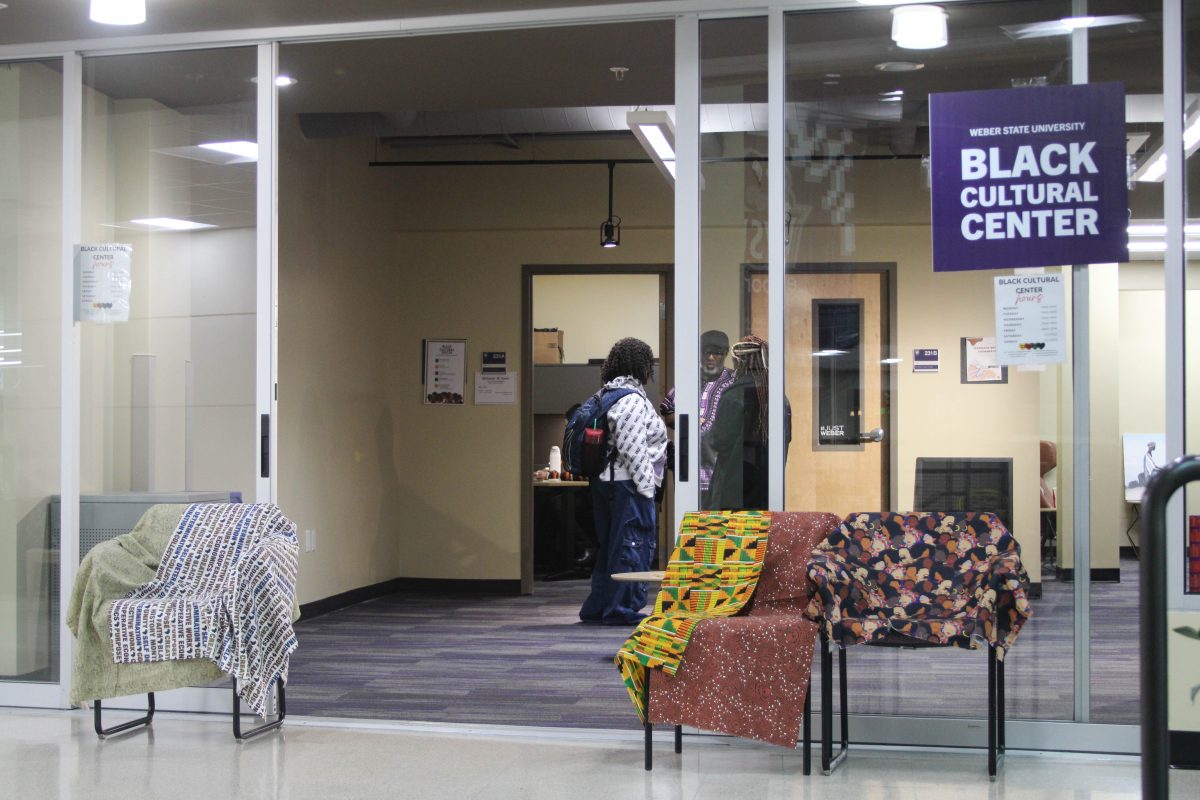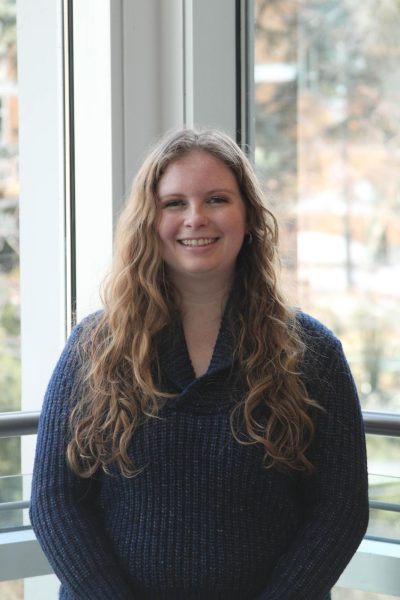In March 2021, the Young Democratic Socialists of America at Weber State University concluded that late tuition payment fees were among WSU students’ biggest problems. YDSA created a petition to cancel late fees, which students can sign and share their experiences on the subject.
The petition now has over 400 signatures and 90 student experiences. After reading through the students’ experiences, Brexton Olesky-Lee, coordinating chair for YDSA, came to the conclusion that the fees are a barrier to students’ ability to complete their education.
“You’re reading through them, and you’re seeing students — multiple students are skipping meals or feeling guilty for eating,” Lee said. “We — Weber State — we have this slogan to ‘Be brilliant,’ but how can you expect students to be brilliant and reach their academic potential when they’re skipping meals?”
One anonymous student wrote, “I pay out of pocket every semester because I don’t get offered grants or loans due to my parents’ income. I work a lot throughout a semester to save and make one big payment at the end only to end up owing like $300 more than normal due to late fees.”
Another anonymous student said, “I’m a full-time student and work two jobs to afford my rent and other expenses, and having a late fee on top of tuition I already struggle to pay makes it so much harder to get an education.”
Following their petition, YDSA turned to the Weber State University Student Association. In January 2023, WSUSA’s senate unanimously passed a resolution to cancel late fees on tuition payments. Following the resolution’s passing, YDSA wrote a letter to university President Brad Mortensen and handed it to him, asking him to honor it.
According to Lee, it has been months since Mortensen received the letter, and they have not heard back.
“Something really incredible happened last year,” Lee said. “Students said they cared about each other and got involved in the democratic process, and that’s supposed to get our voices heard. We passed a resolution that, by definition, is the voice of the student body. When that is ignored, what does that teach them when they graduate? They will look at the political process and the horrible climate we are in right now, and that creates apathy.”
YDSA treasurer Seth Taintor was not old enough to participate in the 2020 election, and next year will be the first time he can vote in a presidential election.
“We as a club have lots of students who have to try and get our voices heard, and when the student senate passes a resolution that’s not honored, it kind of makes you feel like the actions you do as an activist … aren’t heard.” Taintor said. “They don’t make a difference, and that can carry into the rest of your life as you participate in the democratic process. Thinking, ‘Is what I’m doing really making a difference here?’”
Taintor believes students should feel like their voices matter and can be heard. This will help them become participating members in their communities in the future.
The Consumer Financial Protection Bureau released a report in September warning consumers of the risks of college payment plans. The report reviewed tuition payment plans across 450 colleges. They found instances where borrowers were automatically enrolled in the tuition payment plan due to federal student loan funds not covering the entire amount of their tuition. According to the CFPB, this leads to student fees and financial difficulties. The report found that the average amount of late fees is $30.
“In some cases, late fees can be over $100 per missed payment, and in other cases, some colleges may charge late and returned payment fees on the same transaction,” the report stated. “The CFPB also observed terms that may allow colleges to convert no-interest payment plans into interest-bearing loans when payments are missed. These practices can lead to a high cost for late payment on tuition payment plans.”
According to WSU’s website, a $40 late fee is charged to all students who “have not paid their tuition and fee balance in full, signed up for a University approved Monthly Payment Plan, have pending Financial Aid, or have their third-party voucher submitted to Cashiers by the payment deadline.”
A 12% annual rate is billed on unpaid balances 30 days after the beginning of the semester. The interest on the balances is in addition to the late/collection payment fees.
“We’re going to keep late fees at Weber State like most institutions do because it’s important for us to be able to collect tuition revenue to pay for the faculty and the staff that provide the student experience,” Mortensen said.
According to Mortensen, after benchmarking bills against other schools, student leaders felt that WSU was complementary in comparison.
“No student should ever have to pay a late fee,” Mortensen said. “If it’s on the university, which sometimes happens … we’ll work with those students to ensure they’re not getting impacted adversely through late fees if a legitimate third party is involved and they’re slow. We don’t want that to impact either.”
In November, WSU launched a website intended to streamline the process of paying for college. Pay For School offers everything students need to make it easier for them to access information on tuition, resources on funding, scholarships and a direct link to payment plan options, tuition assistance programs and waivers. You can access the website at https://weber.edu/pay-for-school.
“The fact that we’re having this conversation, the fact that I’ve talked with leaders of WSUSA, and the executive vice president and student body president, we’ve sat here around these chairs, along with Dr. Jessica Oyler, vice president of Student Access and Success, two times this fall semester, talking about what we’re doing and what our plans are, and how we’re trying to make it,” Mortensen said. “We do not want late fees to be a burden or an impediment to students getting their education or getting their degree by any means.”
















